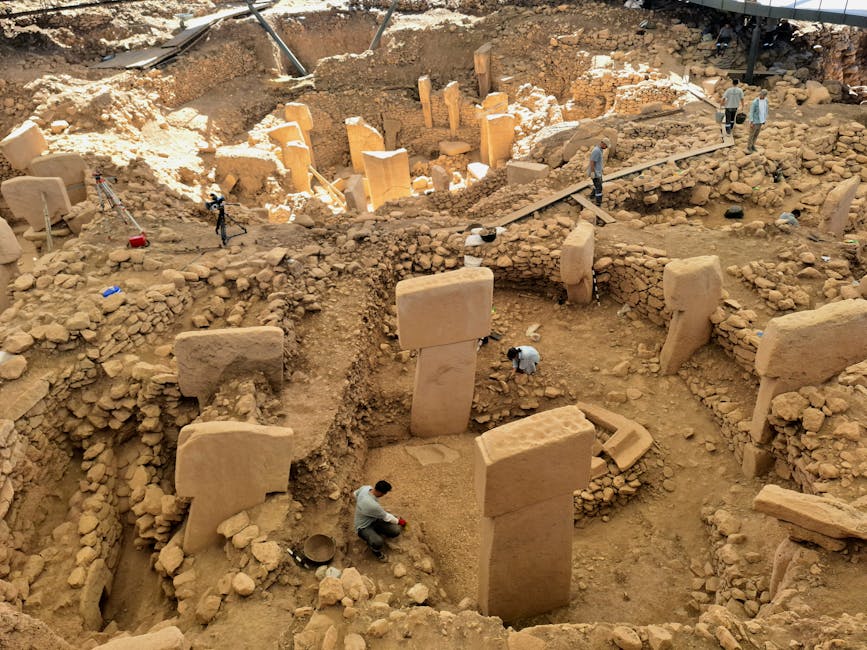The voyages of discovery, spanning centuries and continents, irrevocably reshaped the world. While often celebrated for their purported advancements, a deeper examination reveals a complex tapestry woven with threads of violence, exploitation, and unforeseen repercussions. This article delves into the profound consequences of exploration, considering its impact across the globe, from the indigenous populations of the Americas to the emerging political landscapes of Europe and Asia.
A Catalyst for Colonialism: The Unfolding Imperialism
European exploration, fuelled by a desire for resources, trade routes, and religious zeal, served as a critical catalyst for colonial expansion. The encounter between disparate cultures often led to the subjugation and dispossession of indigenous peoples. The Spanish conquistadors, for instance, implemented a system of forced labour and extraction in the Americas, leading to the decimation of indigenous populations through disease and brutality. This pattern was replicated across numerous regions, from the Caribbean islands to the vast swathes of the African continent. The allure of new resources and markets drove further exploration and expansion, creating a cycle of exploitation that reshaped political and economic structures. The establishment of trading posts and colonies, supported by the superior weaponry and naval power of the Europeans, fundamentally altered the power dynamics of these regions.
The Dissemination of Disease: An Unintended Catastrophe
A less heralded, yet arguably devastating, consequence of exploration was the rapid dissemination of infectious diseases. European explorers, unknowingly carrying pathogens to which indigenous populations possessed no immunity, unleashed devastating epidemics. Smallpox, measles, and influenza decimated communities in the Americas, Africa, and Oceania. These outbreaks had catastrophic demographic and societal consequences, often leading to the collapse of established social structures and the disruption of economic systems. The impact of these diseases extended far beyond the immediate aftermath, influencing demographics, social structures, and the long-term development of these regions.
A Global Exchange: The Columbian Exchange’s Impact
Despite the violence and exploitation, exploration ushered in a period of unprecedented global exchange the Columbian Exchange. This transatlantic flow of plants, animals, and diseases revolutionized agriculture and cuisine across the globe. New crops, such as potatoes and maize, travelled to Europe, drastically altering the diets and agricultural practices of Europeans. Conversely, European crops, such as wheat and rice, found new homes in the Americas, transforming their agricultural landscapes. The exchange also brought livestock, like horses and cattle, to the Americas, impacting both agriculture and warfare. However, this global exchange was not without its complexities, contributing to the displacement of indigenous populations and shaping patterns of land use and agricultural practices in profound ways.
The Shaping of Global Trade Networks: From Spice Routes to Transatlantic Trade
Exploration profoundly altered global trade networks. The discovery of new routes to the East Indies and the establishment of transatlantic trade dramatically altered the existing trade patterns. The establishment of trading posts and colonies created a system of interconnected trade, connecting distant continents and facilitating the exchange of goods and ideas. This newfound interconnectedness, though driven by European interests, ultimately reshaped the economic landscapes of participating regions, leading to the rise of global economic powers and shaping the foundations of modern capitalism. The trade in slaves and other commodities became an integral part of this new economic system, contributing to the profound exploitation of resources and human beings.
Shifting Power Dynamics and Cultural Transformations: A Multifaceted Impact
Exploration dramatically reshaped the political landscape of Europe. The wealth accumulated through colonization and trade fuelled the rise of European empires, contributing to the emergence of powerful nation-states. At the same time, the encounters with different cultures spurred intellectual and artistic transformations. The exchange of ideas, knowledge, and artistic styles fostered innovation across Europe and beyond. However, these transformations were rarely equitable, with the colonised cultures often experiencing significant cultural disruption and loss of autonomy. The introduction of new religions, political systems, and social structures led to the erosion of pre-existing cultural traditions, leaving lasting impacts on indigenous communities.
A Legacy of Unequal Exchange: Continuing Implications
The consequences of exploration continue to resonate in the modern world. The legacy of colonialism, the enduring impact of disease, and the persistent inequalities in global trade networks are all intertwined with the historical trajectory of exploration. The disparities in wealth and power, the struggles for self-determination in many former colonies, and the ongoing efforts to address historical injustices are all direct consequences of the explorations of the past. These legacy effects demand ongoing critical examination, ensuring that the lessons of the past are not lost in the narrative of progress, but that instead, they inform a path toward greater equity and global justice.
In conclusion, exploration was a multifaceted phenomenon with both positive and profoundly negative impacts. While it spurred global exchange and the development of trade routes, it also led to devastating consequences for indigenous populations, the widespread dissemination of disease, and the establishment of unequal power dynamics that persist to this day. A comprehensive understanding of this period requires acknowledging both the achievements and the atrocities, offering a nuanced perspective on this pivotal period in human history.
